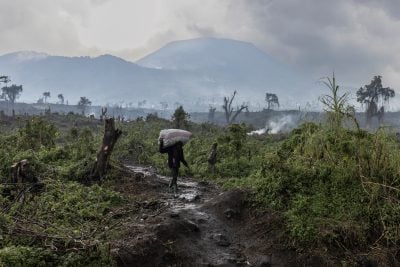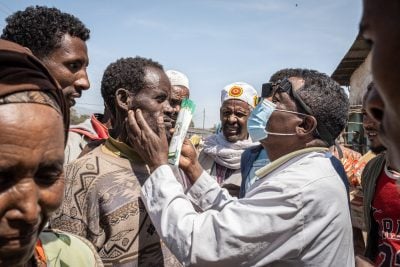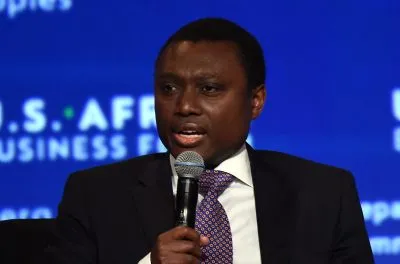Africa’s tech sector is going stratospheric. In recent months, talent trainer Andela and payments processor Flutterwave have become “unicorns” – tech firms valued at $1bn or more.
But until September, all of Africa’s unicorns had emerged from Anglophone or Arabic-speaking parts of the continent. The news that Wave, a mobile money provider based in Francophone Senegal, raised the biggest ever Series A round in Africa is a sign that things are starting to change.
The company, founded in 2018, raised $200m from four big Silicon Valley venture capital firms, pushing its valuation to $1.7bn and making Wave Africa’s first Francophone unicorn.
Wave’s success marks a sea-change for the tech prospects of Francophone Africa. Prior to the fundraising, Senegal’s entire tech ecosystem – which is home to around 70 startups – had only raised around $26m in the whole of 2021.
Senegal provides positive model
There are good reasons for this. Victor Pied, digital project manager at l’Institut Français in Dakar, told African Business recently that the Francophone investment mentality tends to be more risk averse – not an ideal prospect in tech – while Anglophone markets show more flexibility in regulations. Furthermore, the Francophone market is fragmented into multiple small markets with differing rules and regulations.
Yet things are beginning to change. Senegal has introduced a Startup Act, which gives startups two years of tax-free operations. Working spaces and incubators are becoming more common, and education is preparing young citizens for the digital future. President Macky Sall has shown a personal interest in the sector. And while Senegal has a population of only 17m, Wave’s domestic dominance – it claims to serve half the market – offers a model for similar-sized countries and a solid base for its regional expansion.
Growth potential
France, the former colonial power, is keen to encourage the trend. At a France-Africa summit in October, President Emmanuel Macron pledged €130m to Digital Africa, the country’s initiative to support 500 startups which has a specific mandate to target underinvested Francophone markets.
In an exclusive podcast interview with African Business, Digital Africa executive director Stéphan Eloïse Gras highlights a “huge inequality” in access to funding and capacity between Francophone and Anglophone Africa, which the initiative hopes to reduce. While ecosystems in Côte d’Ivoire and Senegal are unlikely to pass their Anglophone peers within months, Gras insists that “it’s very probable that over the next five years, the Francophone ecosystem will be catching up with what the Anglophone regions put together”. Gras particularly highlights the growth potential of the Democratic Republic of Congo, a Francophone market of around 90m.
With future tech giants expected to have a pan-African footprint, companies comfortable operating in Francophone markets could have an added advantage. It may not be long before more rarely sighted unicorns are seen roaming across West and Central Africa.
Want to continue reading? Subscribe today.
You've read all your free articles for this month! Subscribe now to enjoy full access to our content.
Digital Monthly
£8.00 / month
Receive full unlimited access to our articles, opinions, podcasts and more.
Digital Yearly
£70.00 / year
Our best value offer - save £26 and gain access to all of our digital content for an entire year!
 Sign in with Google
Sign in with Google 




